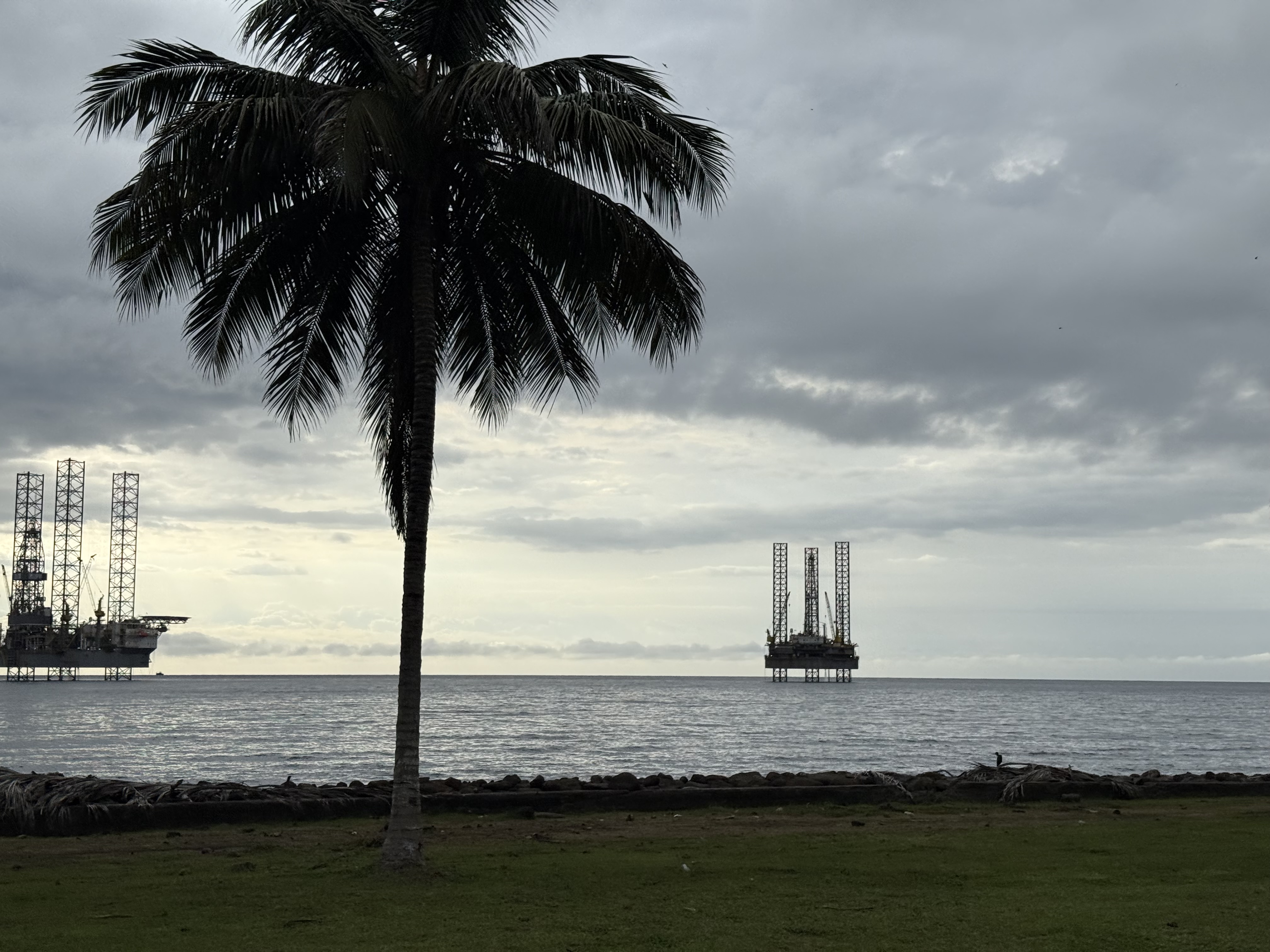Several Central Africa countries use the CFCA known as the Central African Franc or CFA (pronounced
see-fa).
This currency is used in Cameroon, Central African Republic (CAR), Chad, Gabon and Equatorial Guinea. This does make travel in the region a little convenient when it comes to sourcing cash, however each place does have its own way of changing money with some being easier than others.
What is interesting is that even though the currency is the same, throughout the region the exchange rate can differ wildly, especially in Equatorial Guinea. Here is our guide and tips to changing money in Cameroon, Equatorial Guinea and Gabon.
Cameroon
When you arrive in a country and people offer you to change money at the airport this is usually a red flag. This is where Central Africa differs. Instincts would tell you that this is where I am going to get ripped off, however the rate offered at the airport both on arrival and departure is not what you’d expect.
At passport control at Douala Airport, you will see people off to your left-hand side under a sign that says “post” that will be beckoning you to change money. These people will offer you a rate that is just above the official rate. That’s right! Above the official rate! The official rate is stable at about 569 CFA to 1 USD. We received a rate of 575 CFA to 1 USD. This was also applicable when departing from Douala Airport at any of the money changing offices located upstairs in the departures hall.
One thing to note with Cameroon is that getting change is extremely difficult. Coins in particular (locally in French are known as “
piece”
) are very hard to come by and can be extremely frustrating! In fact, they are in such high demand that it costs 1100 CFA to get 1000 CFA in coins. Africa can be a confusing place and this is just one of the many fun things you will have to navigate when travelling here.
You can also use ATMs which will give you the bank rate, however this may change depending on your bank.
Gabon
Gabon is slightly more developed than the other countries in the region, and with that comes a slightly more streamlined approach. Money changing is done more officially at banks and post offices and doesn’t have the same “black market” rate that the others seem to have. They will offer you the official rate the same as what you would roughly get at an ATM.
When we were recently in Libreville, we tried several ATMs and many were either out of service or just didn’t work with foreign cards. We did find some that work however. Most of them were charging around 2,500 CFA to withdraw any amount.
You can of course walk up to anyone in the street at market stalls and ask if they will change money however most of these people were offering at the official rate or below, just like a normal money changer would do in other countries.
Equatorial Guinea
Now, Equatorial Guinea is slightly different to the others. Firstly, you can of course use an ATM and get the official rate like elsewhere. However, if you bring cash into the country, when you change money on the street the rate is vastly different.
For USD you can get a rate of 630 CFA to 1 USD. That’s right the rate is much higher for change the same currency in Equatorial Guinea. And Euros? Well, that’s even higher!
The official rate for Euro is 1 EUR to 655 CFA, in Equatorial Guinea the rate is 1 EUR to 700 CFA. This means the dollar rate is 10% higher on the streets of Malabo than elsewhere in the region. Our advice is therefore BRING CASH!
Changing money on the mainland is a very different story. It is very difficult to change cash in Bata if not almost impossible. There are however, ATMS available. So if you don’t want to spend your day driving around Bata looking for someone who will change money (and at a bad rate at that), then we recommend changing everything you will need on Bioko (the main island where Malabo is located).
Our advice for travelling the region is, if you are starting off in Equatorial Guinea then change as much cash as you can there. If you don’t have that chance, then changing money at money changers is better overall than using ATMs.



